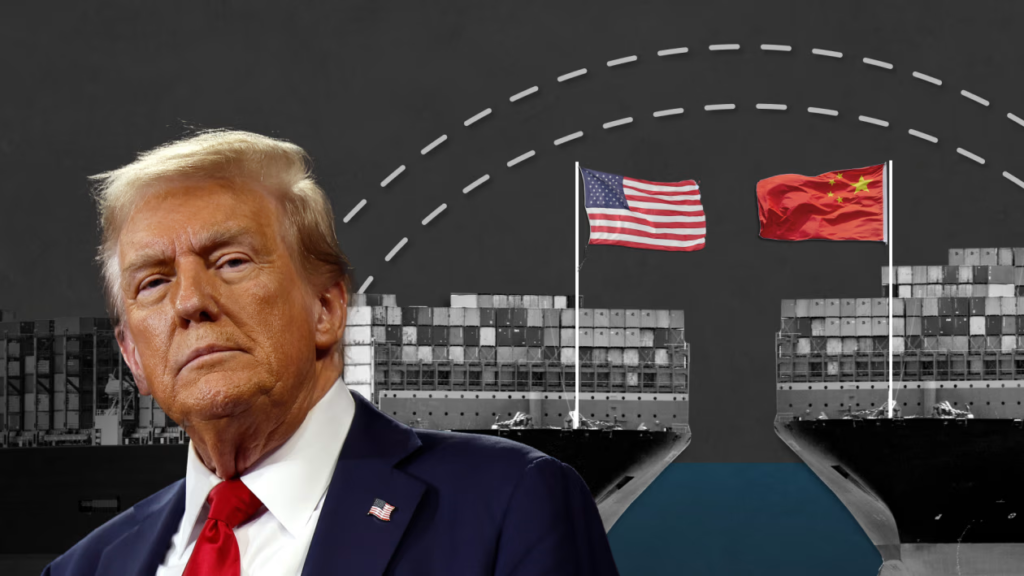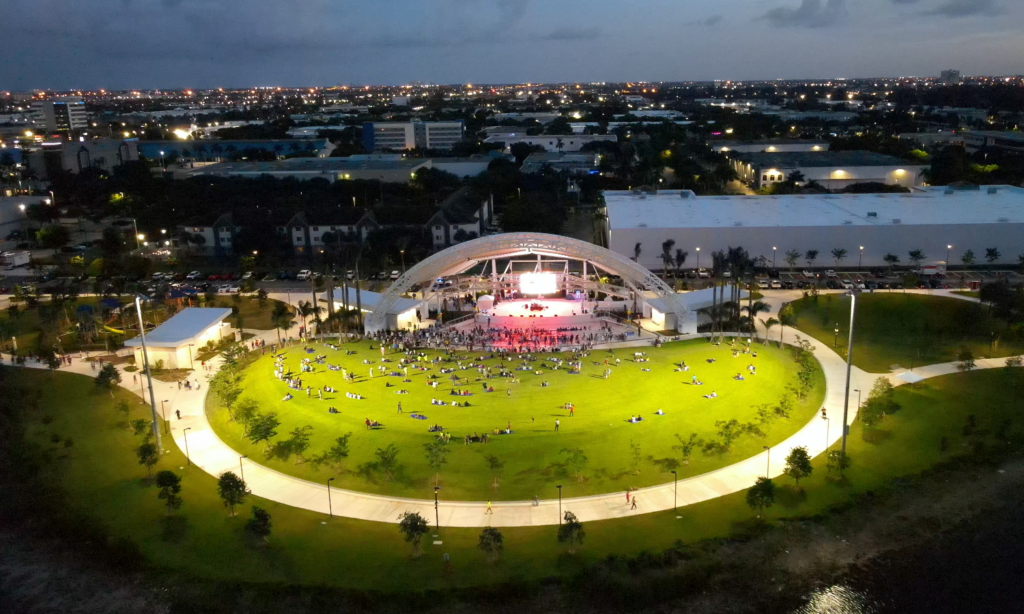The Trump Doral G20 summit plan became a controversial topic in 2019 when the Trump administration announced it was considering holding the 2020 G20 Summit at the Trump National Doral Miami, a resort owned by then-President Donald Trump. This proposal raised serious ethical, legal, and diplomatic questions that triggered widespread public and political backlash.
What Is the G20 Summit?
The Group of Twenty, or G20, is an international forum made up of 19 countries and the European Union. It brings together the world’s major economies to discuss global economic policies, trade, and other key issues. Each year, the host nation organizes a summit attended by leaders from these countries.
Hosting the G20 is considered an honor. It also presents a unique opportunity for the host country to showcase itself on the world stage. However, choosing the right venue is crucial, as it reflects the image and values of the host nation.

Trump’s Doral Resort as the Proposed Venue
The Trump National Doral Miami is a luxury golf resort located in Florida, featuring expansive grounds, high-end accommodations, and multiple golf courses. The resort has been owned by the Trump Organization since 2012.
In October 2019, then-White House Chief of Staff Mick Mulvaney announced that Doral had been selected to host the G20 summit. He described the location as the best choice among several options considered by the administration. However, critics were quick to point out that selecting a property owned by the sitting president could be seen as an attempt to use public office for personal gain.
Legal Concerns: The Emoluments Clause
The United States Constitution contains a provision known as the Emoluments Clause. It prohibits government officials from receiving gifts, payments, or other benefits from foreign governments without Congressional approval.
By selecting a Trump-owned property for an event attended by foreign leaders and delegations, critics argued that Trump could indirectly benefit financially. Even if the summit was run “at cost” as claimed by the administration, hosting such a high-profile event would bring attention and future business to the resort.
Ethics watchdog groups and legal experts raised concerns that the move violated the Emoluments Clause and undermined the spirit of public service.
Diplomatic and International Reaction
Many foreign diplomats expressed discomfort, although most did so off the record. The idea of attending an international summit at the private property of the host country’s leader felt inappropriate to some delegations.
For many countries, particularly those that emphasize transparency and democratic governance, the decision seemed to go against international norms. Attending the summit could make leaders appear as though they were supporting or enriching the U.S. president’s business.
This situation placed some world leaders in a difficult position: attend the summit and risk criticism at home, or refuse and appear to snub the United States.
Domestic Backlash and Political Fallout
The reaction within the United States was swift and intense. Lawmakers on both sides of the aisle voiced concern, though criticism was louder among Democrats. House Speaker Nancy Pelosi and several ethics groups described the move as a blatant misuse of presidential power.
Even some Republicans expressed hesitation. The announcement added fuel to existing concerns about Trump’s handling of presidential responsibilities and the lack of separation between his business interests and his role as president.
Public opinion also turned against the idea. Many Americans saw the move as unethical, and polls suggested a majority opposed hosting the G20 at a Trump-branded property.
Trump’s Defense and Reversal
President Trump defended the decision, saying that the resort was ideal for hosting the event. He claimed there would be no personal financial gain and insisted he was offering the location as a favor to the country.
However, just days after the announcement, and amid growing public and political pressure, Trump reversed course. He tweeted that the G20 would no longer be held at Doral, blaming what he described as unjustified media and Democratic criticism.
The administration later announced that the summit would be moved to Camp David, although the summit eventually became a virtual event due to the COVID-19 pandemic.
The Business Side: Was Doral Struggling?
Reports at the time suggested that the Doral resort had been experiencing financial decline. Revenue and bookings had reportedly dropped since Trump took office, partly due to the political controversies surrounding the Trump brand.
Hosting a global event like the G20 would have brought new visibility and potentially helped improve the property’s reputation and financial performance. This added another layer of concern for critics who argued that the move was an attempt to revive a struggling business.

A Broader Ethical Debate
This episode reignited national conversations about presidential ethics and the potential for conflicts of interest when a sitting president maintains ownership of private businesses.
Unlike past presidents who placed their business interests in blind trusts or divested entirely, Trump maintained ownership of his businesses throughout his term. This led to ongoing debates about how future leaders should handle personal assets while in office.
Many lawmakers and advocacy groups called for clearer rules requiring presidents to divest from their businesses or put them under independent management during their term.
International Perception and U.S. Leadership
The Trump Doral G20 summit plan also had implications for how the United States was viewed internationally. Hosting a summit at a private property owned by the president was seen by some observers as a break from traditional democratic standards.
Critics argued that such moves weakened America’s position as a global leader in ethics and transparency. It also provided talking points for rival nations who often point to perceived U.S. hypocrisy in governance and foreign policy.
Conclusion
The Trump Doral G20 summit plan may have been scrapped, but the controversy it created continues to be relevant. It exposed gaps in existing laws regarding presidential conduct and business interests and raised questions about how future administrations should draw the line between personal gain and public duty.
The debate over ethics in high office is far from over, and the Trump Doral incident serves as a lasting example of why transparency, accountability, and good governance remain crucial in public service
Do Follow USA Glory On Instagram
Read Next – Trump Missile Action Against Drug Traffickers in the Caribbean Explained






